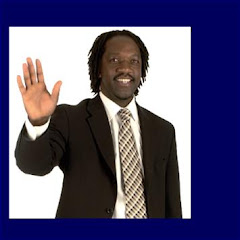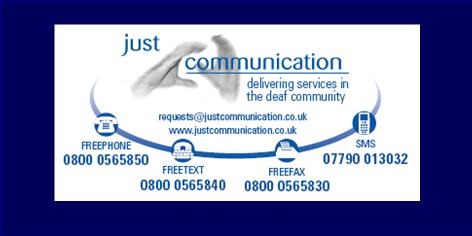Silence was beckoning up and down the halls of a Marlborough primary school yesterday as pupils were learning to communicate without saying a word writes Ian Allen for the Marlborough Express via Stuff.co.nz (02/05/12).
Year 5 and 6 children at Rapaura School had a special class with Deaf Aotearoa tutor Hilary Foister and learned to sign their names and express their feelings.
The visit was part of New Zealand Sign Language Week, which ends on Sunday.
Teacher Hayden Van Lent said the lesson was to teach pupils awareness and an appreciation of what deaf and partially deaf people go through daily.
No verbal communication was allowed during the class from the outset, he said.
"From the very beginning, the tutor started to use sign language and the children had to respond. They really enjoyed it."
Non-verbal communication was an important part of teaching, he said.
"It goes on in the classroom anyway, particularly with behaviour management. Maybe it's a click of the fingers or a look, they are just as effective."
Patrick Neal, 9, said having a totally quiet classroom was different.
He planned to show his new language skills to his older brother after school.
Classmate Brayden Carter, 9, said his favourite sign was for "toy". He might use it on his parents.
New Zealand Sign Language Week is run by Deaf Aotearoa New Zealand and is designed to celebrate it as an official language as well as raise awareness about the deaf community.
Deaf Aotearoa acting chief executive Tony Blackett said the week was a great time for hearing New Zealanders to think about how hard it was for deaf people to do things often done instinctively, such as describing an ailment, talking to a teacher about their child's progress or asking for something at a shop.
"If more hearing New Zealanders learnt a couple of simple signs, this would greatly help to break down communication barriers. It's a fun language to learn," he said.
Through greater use of sign language and easier access to qualified interpreters and other resources, life for deaf people would be less restrictive and they could be equal members of society, Mr Blackett said.
"Every day, deaf New Zealanders are prevented from doing something that hearing New Zealanders take for granted, because of restrictions in funding or the availability of resources, like interpreters.
"It's hard work to be continually fighting for your rights."






No comments:
Post a Comment